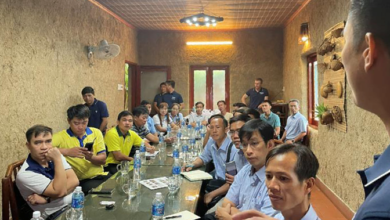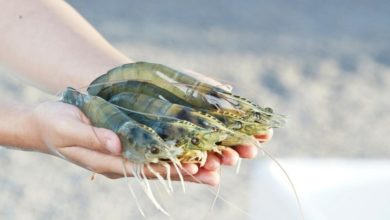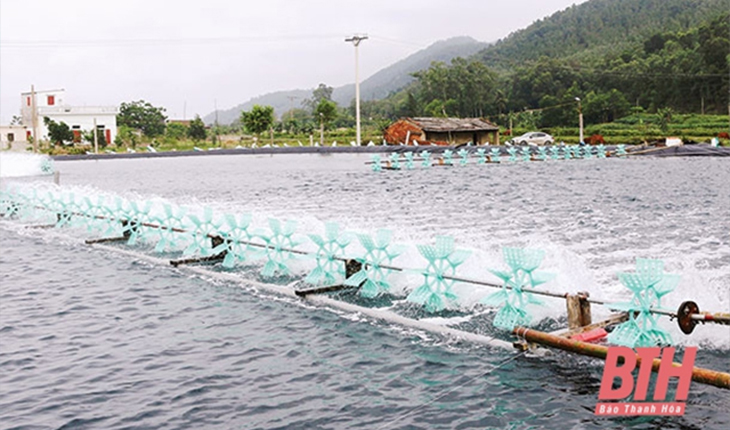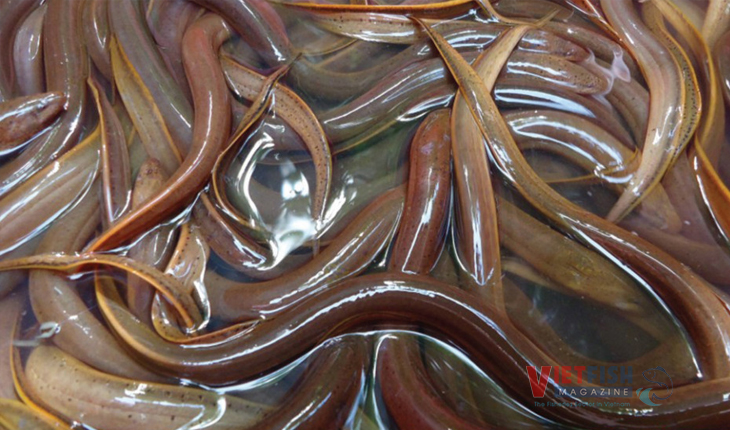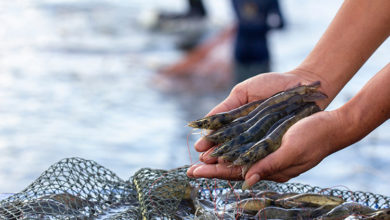Phu Yen explores the potential of marine herbal medicine
Phu Yen boasts a rich marine ecosystem with over 16 islands, bays, lagoons, and coral reefs, home to numerous unique aquatic species, many of which have medicinal properties.
Rare species such as seahorses, sea cucumbers, abalones, sea snakes, oysters, starfish, cuttlefish, and seaweed can be processed into valuable medicinal materials, benefiting both the healthcare industry and public health.
Species like seahorses, sea cucumbers, abalones, and seaweed are not only highly nutritious but also provide significant benefits in traditional medicine. They promote health, aid in treating conditions like arthritis and cardiovascular diseases, boost the immune system, and regulate blood pressure. Notably, seaweed stands out for its strong growth potential, supporting weight loss, detoxification, and enhancing beauty.
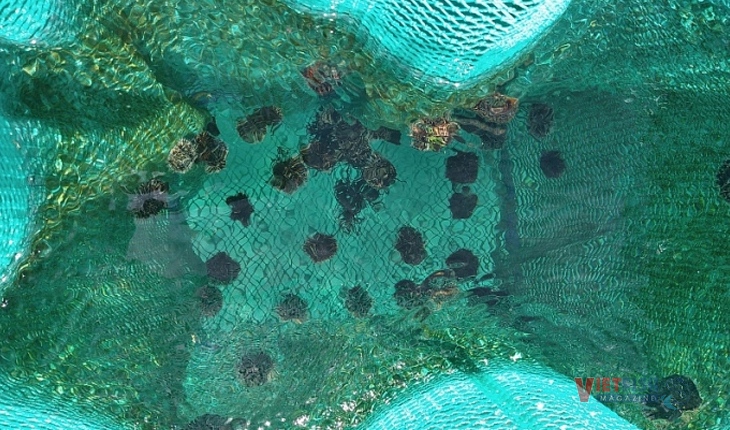
Phu Yen has launched several R&D projects on marine medicinal herbs, including the notable “Application of technology for breeding and commercial cultivation of Sipuncula” led by Van Phat Dat Investment Group in Xuan Phuong commune and Xuan Yen ward, Song Cau town. The project focuses on sustainable sipuncula cultivation, aiming to optimize marine resource utilization while preserving the ecological environment.
The project “Developing commercial sea cucumber Farming model in coastal provinces of Central Vietnam” is being implemented in Song Cau Town, Phu Yen. It plays a key role in developing the marine medicinal plant farming industry, creating a sustainable production model that boosts local economic value and helps protect natural aquatic resources.
The initial results show that Phu Yen is gradually tapping into its marine medicinal resources. However, for the industry to develop strongly and sustainably, more comprehensive solutions are required. One major challenge is the lack of commercial-scale facilities for cultivating marine medicinal plants. Although many valuable aquatic species are present, exploitation is still largely manual, leading to unstable production. This not only hampers industry growth due to supply issues but also affects quality and economic efficiency.
Moreover, the lack of comprehensive research and data on marine medicinal species presents a significant challenge. The absence of information on the growth conditions, development, and pharmacological effects of marine organisms hinders progress in research, application, and production within this industry.
Additionally, the planning and development of the marine medicinal plant industry have not been given sufficient attention. Despite Phu Yen Province’s rich marine medicinal resources, the establishment of conservation areas and the protection and development of marine medicinal regions remain unsynchronized and ineffective.
To sustainably develop the marine medicinal plant industry, Phu Yen province should prioritize policies that support research, production development, and the establishment of industrial-scale farming models. Research on seed development and cultivation technologies should be advanced with support from scientific agencies, universities, and research institutes. The application of advanced technologies in production and processing will enhance product quality and provide a sustainable income for local communities.
Phu Yen Province must strengthen efforts to protect its aquatic resources. Establishing marine protected areas and ecosystems is crucial to safeguard rare species. Additionally, comprehensive environmental protection programs focusing on coral reef conservation, mangroves, and marine ecosystems should be implemented to ensure a stable environment for marine medicinal species.
VFM


